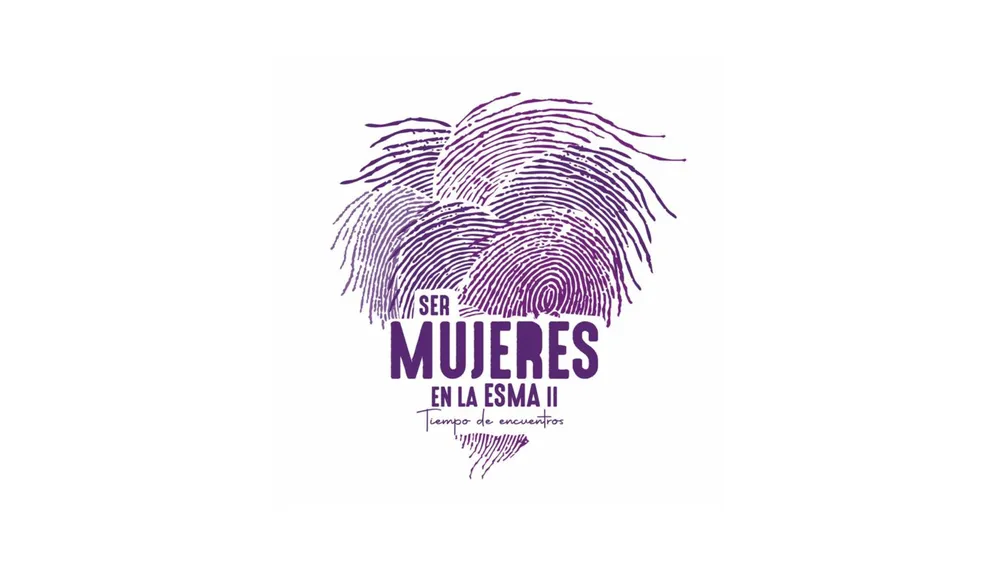
On October 20, the Center for Latin American and Caribbean Studies (CLACS) at the University of Illinois hosted a compelling virtual talk titled Ser Mujeres en la ESMA / Being Women at ESMA, moderated by Mayki Gorosito, former Executive Director of the Museo Sitio de Memoria ESMA in Buenos Aires. The event highlighted the experiences of 3 women who survived Argentina’s notorious Naval Mechanics School (ESMA) during the country’s last civil-military dictatorship (1976–1983) and explored their roles in memory, activism, and human rights work.
About the Speakers
María Sonderéguer – PhD in Latin American Societies Studies (Sorbonne, Paris III) and professor at the National University of Quilmes. Sonderéguer directs the Observatory on Memory, Gender, and Human Rights and is a member of the Provincial Commission for Memory. She is a specialist in recent history, gender, and human rights.
Miriam Lewin – Investigative journalist and survivor of two clandestine detention centers during the Argentine dictatorship. Lewin has testified in multiple trials for crimes against humanity and is the author of Ese infierno, Putas y guerrilleras, and Skyvan, and co-author of Iosi, el espía arrepentido. She also served as Public Defender from 2020 to 2024.
Ana María “Rosita” Soffiantini – Political activist and human rights defender. Soffiantini survived ESMA (1977–1979) and currently serves as president of the Casa de la Memoria in Ramallo. She is a member of the Provincial Commission for Memory and the project Being Women at the ESMA.
Mayki Gorosito – Educator and specialist in international cooperation, Gorosito led the ESMA Memory Site Museum as Executive Director and was instrumental in securing its UNESCO World Heritage designation. She also serves on the Museum’s Advisory Council on Human Rights Organizations.
The event provided a powerful platform for understanding the gendered experiences of repression in Argentina, highlighting the critical role of women in preserving historical memory and advancing justice. By centering women’s voices and experiences, the talk reinforced the importance of survivor testimony, institutional memory, and public engagement in preventing historical erasure and promoting justice in post-authoritarian societies.
Watch video here